
Joint Entrance Examination (JEE Main Paper 1)
Organized By: National Testing Agency (NTA)
Engineering
Applicable For
12th
Course Level
06-04-2023
Exam Date
Click Here
Registration Link
1000 (INR)
Registration Fee
300
Maximum Marks
75
No of Questions
Online
Exam Mode
English + 12
Paper Language
2 /Year
Conduct Frequency
National Entrance
Exam level
50822
No of Seats
JoSAA
Counseling By
Blog Listing
Recently Asked Questions - 10
| Question | Views | Replies |
|---|---|---|
| IIT Madras cut-off for CSE Branch?... | 3371394 | 2 |
| What is the CIWG admission fee structure and refund policy?... | 90188 | 1 |
| What is the last year JEE Main cut-off marks for IIIT Hyderabad?... | 89772 | 4 |
| Is SAT Score is Valid for admission in IIIT Hyderabad?... | 89720 | 1 |
| NEET NRI Eligibility... | 87840 | 1 |
| What Should I Choose CIWG Or NRI Quota Seat?... | 87212 | 1 |
| How can I get into IIT through DASA Quota? Is there any direct way to get IITs?... | 85907 | 1 |
| How many seats are there for DASA students?... | 85618 | 1 |
| Study 10th in Indian and 11th?12th From USA. I'm eligible for normal quota?... | 82780 | 1 |
| What is the cut-off for NSUT & DTU for DASA Students this year?... | 77586 | 0 |


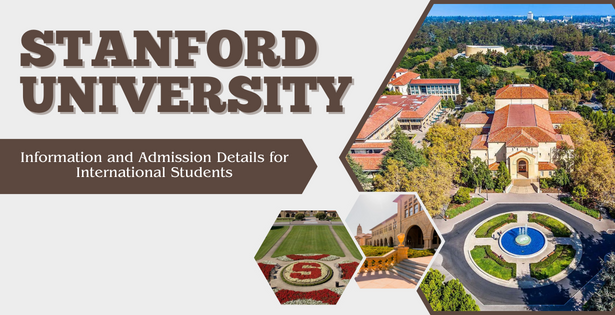








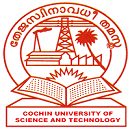 CUSAT CAT (Cochin University of Science ...)
CUSAT CAT (Cochin University of Science ...) KCET (Karnataka Common Entrance Test...)
KCET (Karnataka Common Entrance Test...)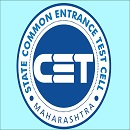 MHT CET (Maharashtra Common Entrance Tes...)
MHT CET (Maharashtra Common Entrance Tes...) TNEA (Tamil Nadu Engineering Admissions...)
TNEA (Tamil Nadu Engineering Admissions...)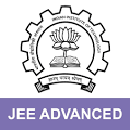 JEE Advanced (Joint Entrance Examination...)
JEE Advanced (Joint Entrance Examination...)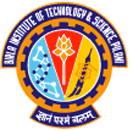 BITSAT (Birla Institute of Technology an...)
BITSAT (Birla Institute of Technology an...)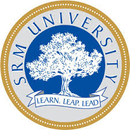 SRMJEEE (SRM Joint Engineering Entrance ...)
SRMJEEE (SRM Joint Engineering Entrance ...) WBJEE (West Bengal Joint Entrance Examin...)
WBJEE (West Bengal Joint Entrance Examin...).webp) GUJCET (Gujarat Common Entrance Test...)
GUJCET (Gujarat Common Entrance Test...)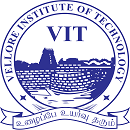 VITEEE (Vellore Institute of Technology ...)
VITEEE (Vellore Institute of Technology ...)